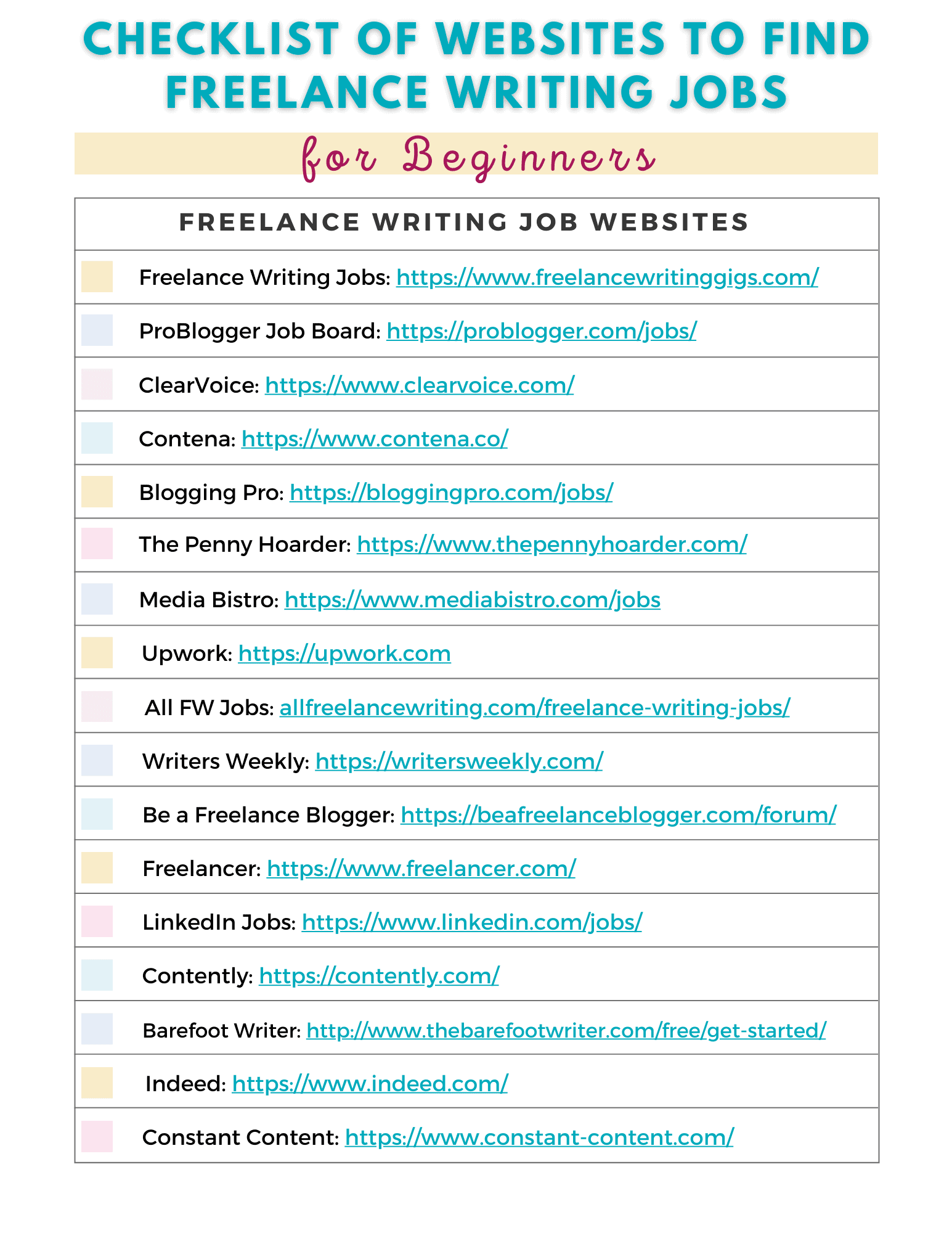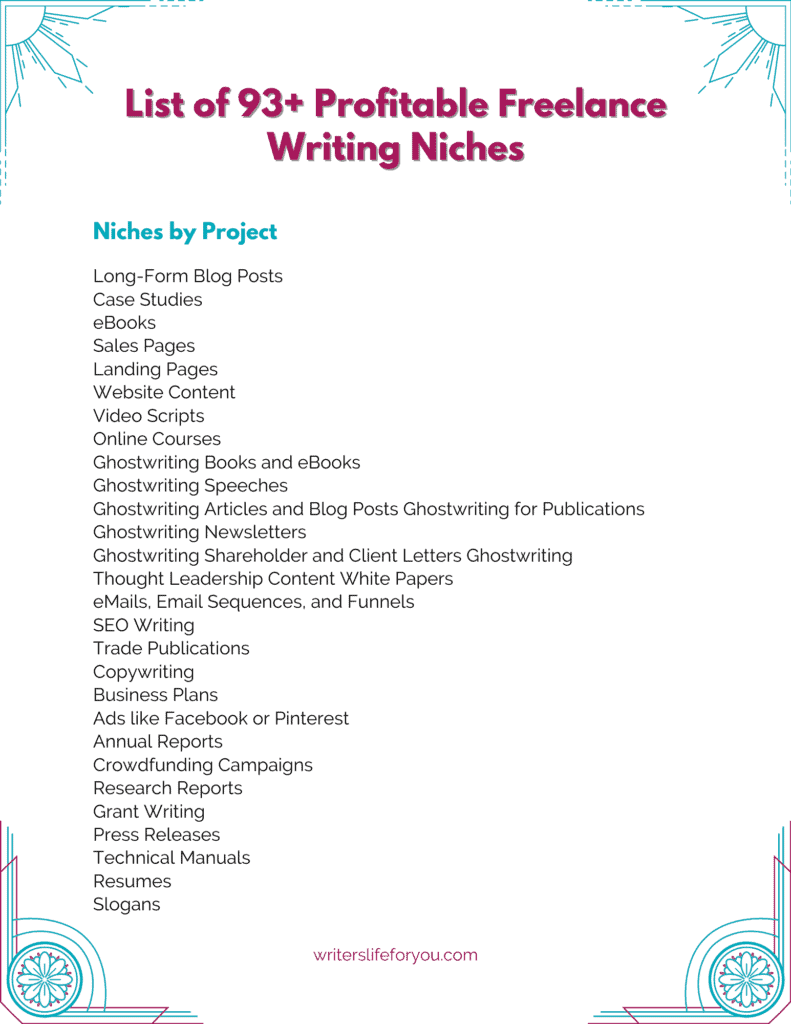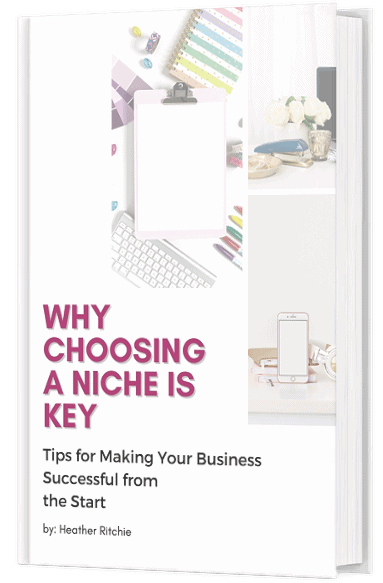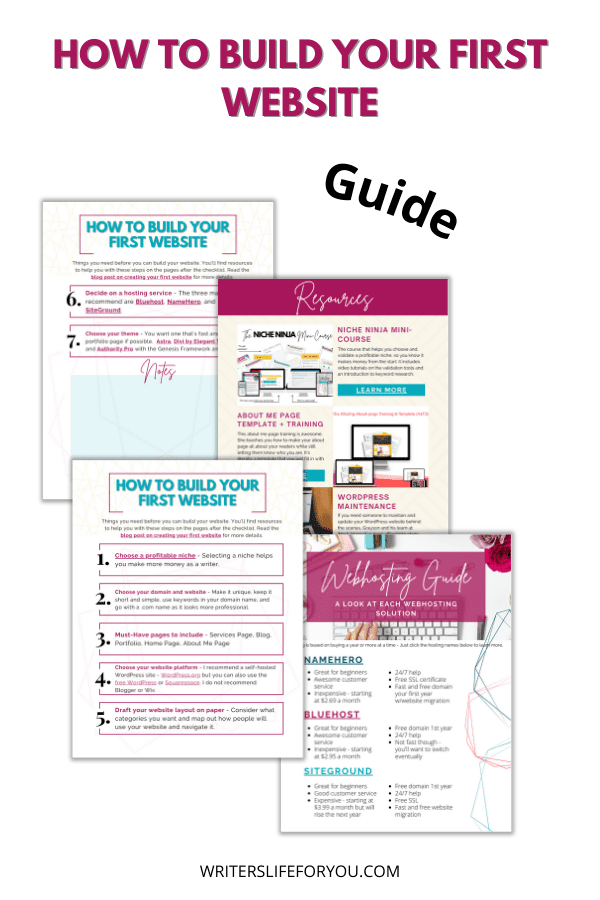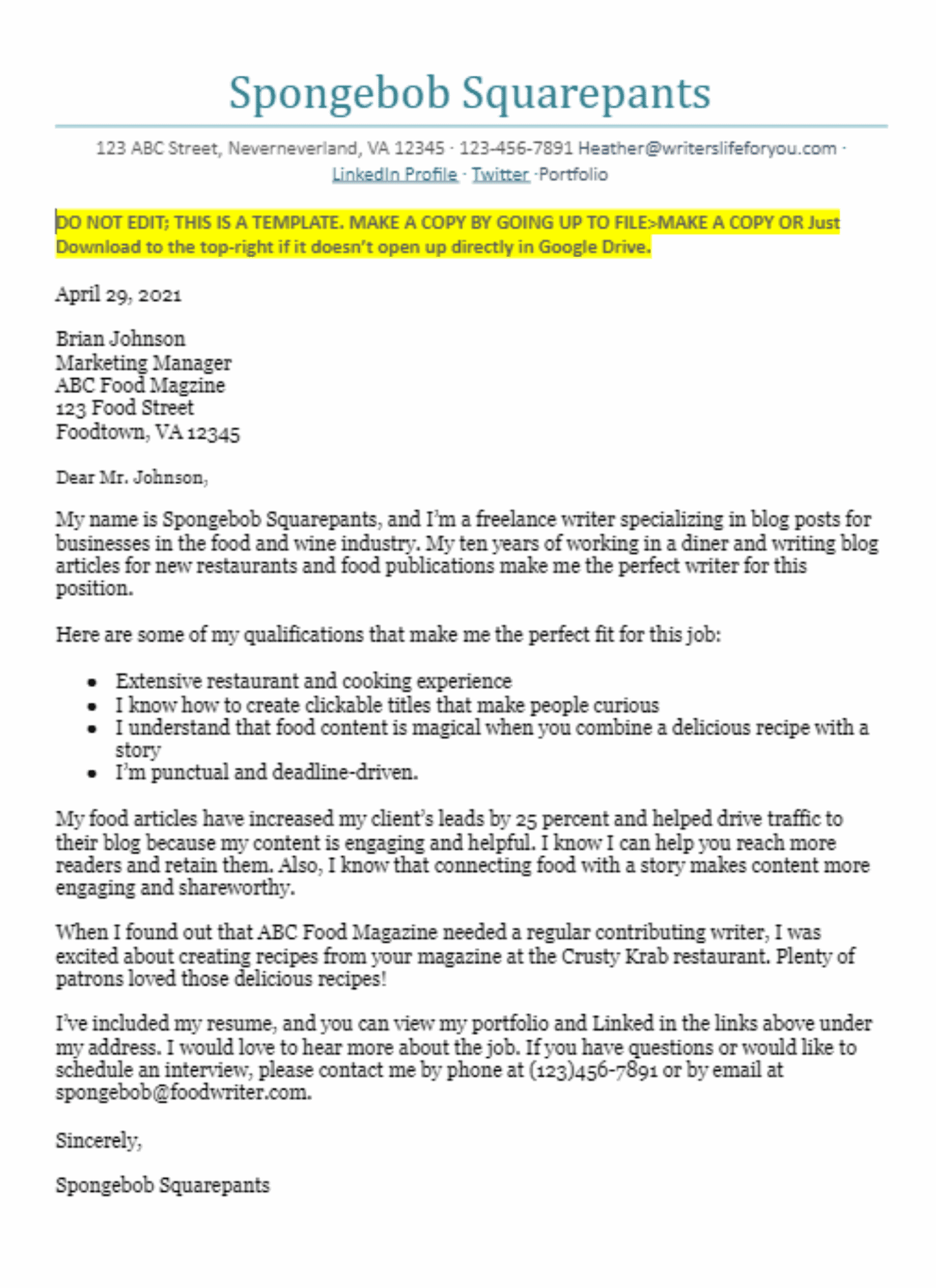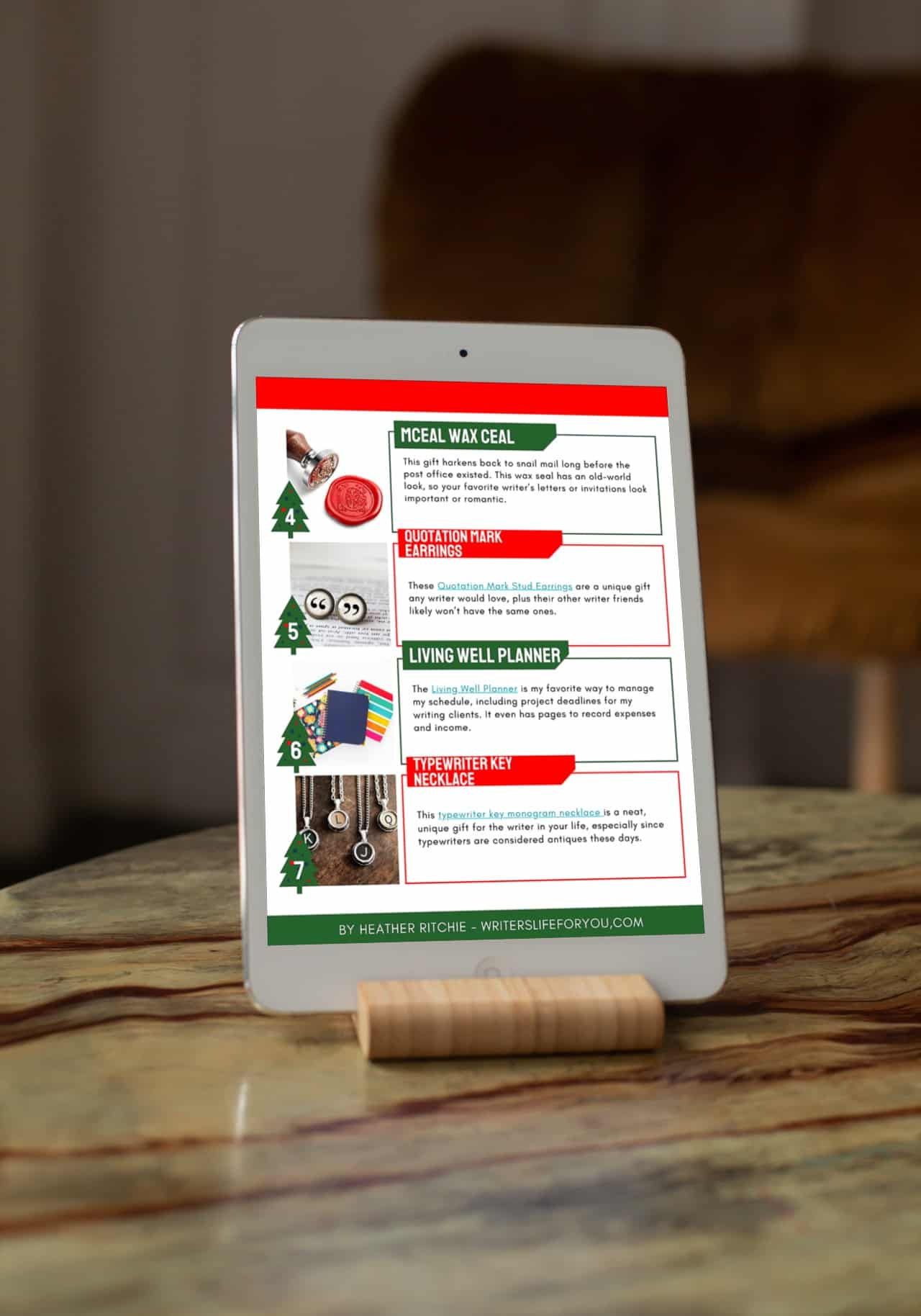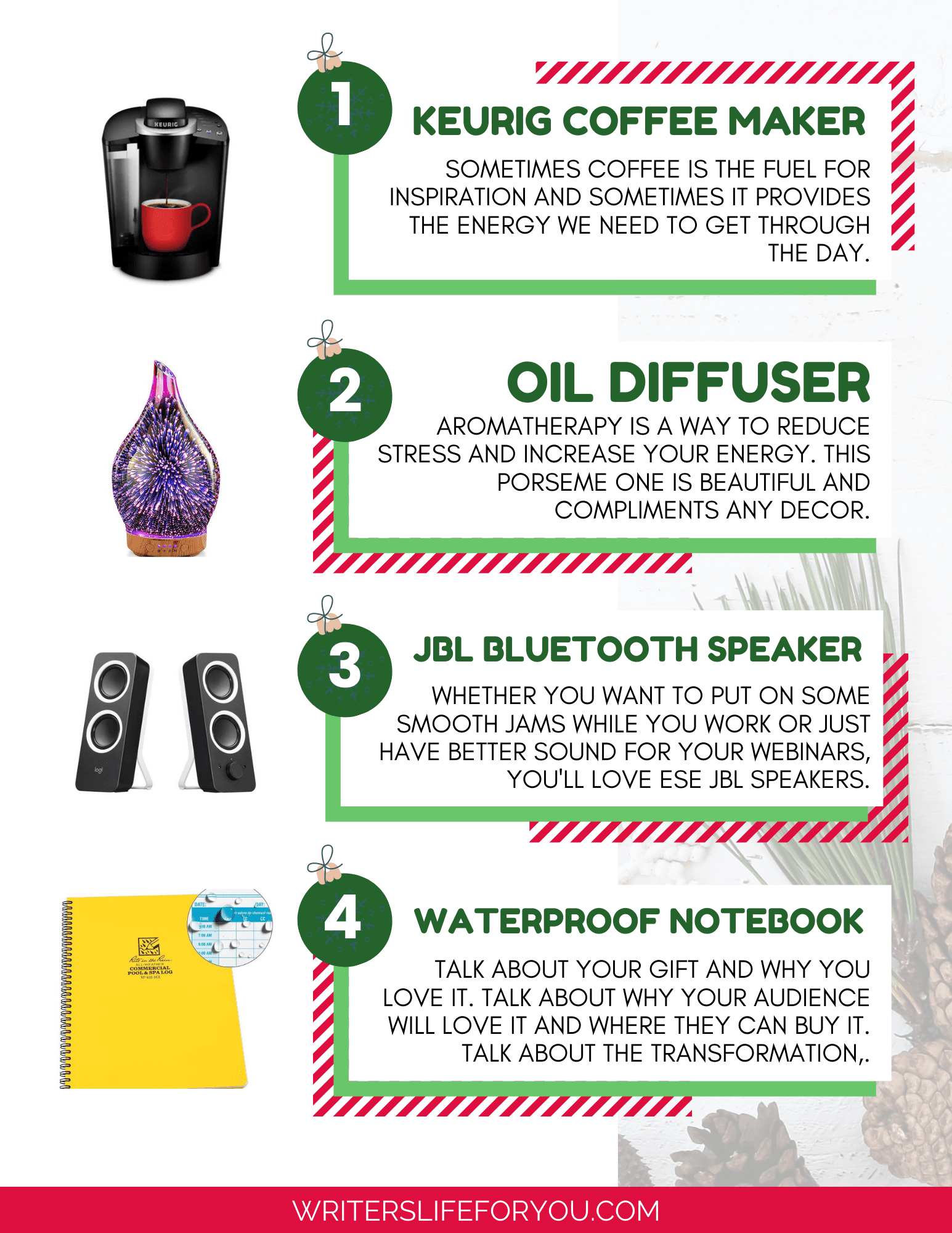Traditionally, freelance writers take requests from clients to create blog content, articles, and other content for which they will be paid. But there are other ways writers can use their skills to make more money: affiliate marketing.
Let’s look at how freelance writers can use writing affiliate programs to make a living and even thrive financially.
What Is Affiliate Marketing?
In this context, an affiliate is a company that pays third parties a commission for selling their products. As well as earning commissions on sales, marketers may also receive commissions for other actions, such as bonuses for promoting special items or holiday sales.
The product creators and sellers do a lot of the work and provide support. Support can come in the form of banner ads and other marketing materials that marketers can use in their campaigns.
The only thing you need to do is encourage your audience (or your client’s audience) to click your link. Then, it is up to the seller or creator to convert the person into a paying customer.
The nice thing is that you can make money while you sleep because people will click the links in your content and buy at any time, day or night.
This model works for affiliates because they can leverage marketers to get more sales through affiliate marketing programs. And the marketers can sell products without having to buy them first (though it’s best if you promote the products you purchase and use).
Writers start with an advantage because affiliate marketers need marketing content. If you understand online marketing already, that will give you a head start. Here’s a step-by-step guide.
If you already know how to write content, you can write reviews or add links to your blog posts to help people solve their problems with products, services, and courses you promote.
Pros and cons for affiliate markets include:
Pros:
- No need to invest in inventory upfront
- Unlimited earnings
- Work in your own time from home
Cons:
- Some investment might be required for advertising
- No guarantees of a return on investment
- Steep learning curve

How to Get Started
The first step in writing affiliate programs is the same as any other business venture: research. You need to find writing affiliate programs to join.
Before you get started, you need to understand online marketing well, and there can be a lot to learn. Some of what you need to know will come from experience, but reading up first will certainly help give you an edge.
Not only will you need to research the mechanics of writing affiliate programs, but you will also need to research your niche. If you haven’t chosen a niche for your writing business, you totally should! It’s the best way to establish your expertise and make more money writing.
You should also look into the demand for your niche to help ensure enough people will want to buy the product. Here’s how to know if your niche has enough demand to be profitable.
And you can always promote products on your blog related to writing and editing in general like Grammarly or ProWritingAid.
Find an Affiliate
Before starting affiliate marketing, you will first need to find an affiliate and sign up for their platform. Affiliate marketing is a popular strategy, so you should have no difficulty finding something that suits you.
Arguably the best place for beginners to start looking is Share-A-Sale, CJ Affiliate, or another popular affiliate marketplace that connects affiliates with affiliate programs.
Affiliates will often have expectations of marketers or publishers before they agree to work with them. After all, companies have their reputation to protect, making them cautious about who they are associated with.
You will often need to go through an affiliate manager to become accepted or apply for programs on one of the platforms I mentioned.
Different affiliates will also offer other ways to get paid, including:
- Pay-Per-Sale: As the name suggests, the pay-per-sale model means the marketer receives a commission every time they sell a product. Pay-per-sale is perhaps the most common payment model in affiliate marketing.
- Pay-Per-Lead: Qualified leads can be costly and time-consuming for companies to collect. However, affiliate programs make it easier for businesses to acquire leads quickly without investing money up-front.
- Pay-Per-Click: Some affiliates will offer a payment system where the marketers receive a small commission every time they direct a prospect to the affiliate’s website. The affiliate will then let their website and marketing machine do the rest.
- Pay-Per-Install: With this model, the marketer is paid every time they compel somebody to download the affiliate’s app. With the app installed, the affiliate can then work on selling to the prospect.
- Pay-Per-Action: The pay-per-action model means the marketer will be paid every time the prospect performs a specified action. Such actions include signing up for a newsletter, requesting a call, etc.
Most programs pay per sale or lead.

Create a Blog
If you’re a writer, then you might already have a blog. If not, you need one to make money with affiliate marketing as you need content to add affiliate links to.
I recommend a self-hosted site like WordPress as you can build a website without any coding knowledge. Affiliates can use different types of websites to sell products, but a blog is usually the best choice for a writer.
Your blog will need to be related to the products you’re selling to help ensure your visitors have some interest in the product.
For example, gym membership statistics show Americans abandoned the gym in droves during the pandemic, but now that restrictions have eased, many people are returning.
Today is a good time to take advantage of the extensive affiliate marketing opportunities in the fitness industry to make some income.
If you’re a writer in the fitness niche and write content on that, gym memberships and equipment are perfect for fitness writers to promote.
There are different ways you can promote products on a blog. For one, you could write content about the product and encourage people to buy it. Another option is to have banner ads on your blog that visitors can click on if they offer something that interests them.
Create Content
One of the best ways to sell online is not to try to sell at all. Don’t pitch the product and tell readers they must buy it because it’s amazing. After all, people make decisions based on psychology, so you need to appeal to their emotions.
Instead, create helpful content that helps your readers and use the affiliate links to help them solve their problems. The products you promote are the solution.
Creating helpful content that answers search intent will help you gain your readers’ trust, making them more open to your suggestions. Your content can talk directly about a product but not in a salesy manner. Read this article on some helpful content writing tips to write amazing posts people love to read.
Instead, talk about how the product helps solve a particular problem to spark the reader’s interest.
Remember, it’s essential to research your target audience first so you can write content that appeals to them. You can then use your research to create buyer personas to help ensure your content resonates with your audience every time.

Create a Landing Page
Another way to sell affiliate products is to create a landing page to promote an affiliate product or multiple products. A landing page is a stand-alone web page like a category page, opt-in page, sales page, etc.
The most common type of landing page people use to promote affiliate products on their website is a resource page. A resource page is one where you promote the products, services, and courses you recommend that you personally use.
You add your affiliate links to those products, and people reading your blog or resource page can click through to learn more.
A landing page should include persuasive sales copy and other assets like images and graphics, but it can be simple for a resource page as it is the seller or course creator’s job to convert that person into a buyer.
Market Your Blog
Whether you have a blog or any other kind of website, visibility is key, so traffic comes your way. There are several ways to do this, including:

SEO
Search engine optimization (SEO) helps ensure your website shows up when people perform a search for products like yours. SEO can be a very powerful marketing method, sending large volumes of qualified traffic your way.
However, it requires investment, and it can take months before you see results.
I recommend you take a good SEO course or even read one of Debbie Gartner’s SEO books like Easy On-Page SEO to help you get started. SEO is part optimization and structuring your posts correctly with a blog post outline and has some technical parts too.
PPC
This involves advertising on the internet with ads that prospects can click on to go to your website. One of the main advantages of PPC is that it’s very affordable and can help small businesses compete with large organizations.
Other benefits include quick results, making PPC appealing to many start-up businesses.

Social Media Marketing
Social media marketing (SMM) can include PPC by buying ads on Facebook and other social media platforms. However, SMM can be achieved without spending a penny by simply posting on social media and engaging users in the comments.
This is best achieved by building up a community of followers and creating useful or interesting posts or tweets to drive people to your website.
However, keeping up with social media marketing and ensuring that all content is professionally edited can be challenging even for a prolific writer.
Just make sure your social media posts are helpful and inspire people to take action.

Put Your Writing Skills to Work
Writing affiliate programs are ideal for many freelancers because they revolve around what writers do and the products that make sense for them to sell. There are some drawbacks, and it is a lot of work, but if you get it right, it can be very profitable.
You will need online assets like a blog or a landing page, and you will need to market your blog so enough people read your content. It’s also important to choose a product related to your blog and understand your audience so you can write content that they can relate to.
While there can be a lot to learn, successful writing affiliate programs can give you a steady long-term income and diversify your income streams.
Related Posts to Writing Affiliate Programs
Content Calendar Trello: How to Create Your First Editorial Calendar in 7 Easy Steps
The Ultimate Guide to Freelance Writing for Beginners
A Freelancer’s Guide to Getting Out of a Writing Rut
18+ Imposter Syndrome Journal Prompts to Help Increase Your Confidence as a Content Creator
17 Best Gadgets for Writers That Make Great Presents
How to Set Your Freelance Writing Rates in 2023 Like the Pros Do
10 Persuasive Business Writing Techniques and How to Implement Them
A Freelancer’s Guide to Getting Yourself Out of a Writing Rut

Jamie Finch is a freelance writer with nearly two decades of experience. He left Britain in the year 2000 and headed East. He is currently living in Bangkok and writes on a wide range of topics, with a particular focus on SEO and marketing.
The best writing affiliate programs for freelance writers.




